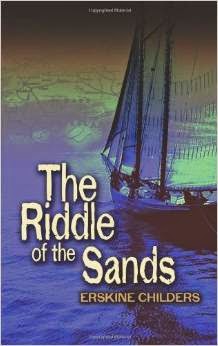The Half Bird - a Book Review
21 March 2024
Michael Joseph (Penguin Random House)
224 pages
14.4 x 2.4 x 22.2 cm
Hardcover
ISBN-10 0241553164
ISBN-13 978-0241553169
The Half Bird is a story about Susan Smillie’s transformation from an editor at the Guardian newspaper to an alternative lifestyle that would give her the freedom she craved and the strength she knew was lurking inside. Part ocean-sailing travelogue, part journey of self-discovery, Susan takes us from Land’s End to Greece and from sorrow to joy. Beautifully written, it is a tale of love and grief in a memoir that reads more like a novel.
After the death of her close cousin from cancer, the sudden loss of her brother in a car crash, and the death of her mother as well as a failed relationship and a brush with a brain haemorrhage, Susan realised she would not find solace or fulfilment in a ‘normal’ career living day-to-day in a city. She’d lost her connection with nature, which left her empty. She’d worked hard to progress to editor by her 40s, but a course correction was needed.
When she was a young girl, her older brother gave her his dinghy which she had been admiring. She learned to sail from a boyfriend with whom she remained close friends. She later fell in love with a little sailboat she rescued from a boatyard in Scotland and decided she would learn to single-hand and live aboard. She named her boat Isean, Scots Gaelic for little bird or chick.
Susan takes you on a journey of her metamorphosis from a sleepwalking consumer to an independent cruiser making do with what she has, having and wanting less as time goes on. She becomes emotionally stronger and less dependent on others. She sets off with occasional help from friends and alternates between settling down in a community and setting off on her own to remote anchorages she has all to herself.
Throughout her journey south to Spain and Portugal and into the Mediterranean, she overcomes obstacles, deals with threats as a single woman on her own, and makes many mistakes from which she learns. She analyses communities from the perspective of a journalist who observes and interprets the behaviour of their residents. She describes a terrifying night-time encounter with migrants fleeing Algeria. With each new experience, she becomes more sure of herself, happier within herself, and confident of her choices.
Then comes Covid and she cannot escape from a place where a bullying policeman has it in for her. She decides that if she isn’t allowed to sail, she’ll build herself a shelter on land hidden in the natural elements away from the community. She lives like a castaway, making do with whatever floats into the cove. She reconnects with nature but is reminded of the fragility of her mobile life.
Smillie is a true cruiser. If she likes where she is, she stays put. If she doesn’t, she moves on. She lives every moment to its fullest and teaches the reader that to find fulfilment you have to first let go. Along the way, she heals herself.




Comments
Post a Comment